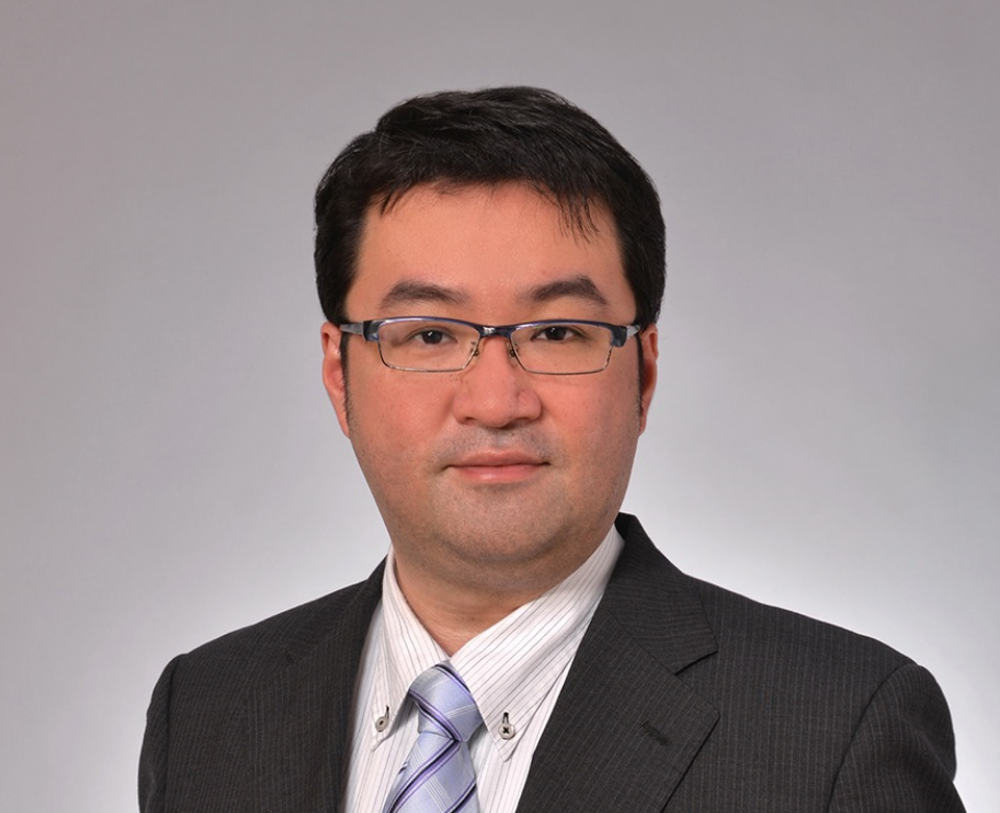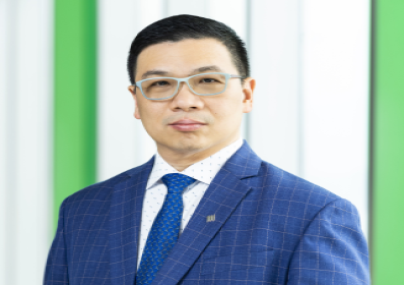
Shuhei Fujimura is senior ethics and compliance Manager for Japan at Oxford University Press (OUP). In his role, he ensures the implementation of corporate compliance policies and programmes such as third-party business partner due diligence, gifts and hospitality, ethical marketing, charitable donations, high-risk business activity, conflicts of interest, facilitation of tax evasion, anti-money laundering, anti-modern slavery, and risk mitigation, including sanctions. He has previously held roles in EY, Deloitte, and Japan’s Ministry of Justice.
EDITOR'S NOTE: If you're a general counsel based in Asia who'd like to be featured in this series, please email mari.iwata@tr.com and ranajit.dam@tr.com.
ALB: Tell us about your legal career so far, and what led you to taking up this role. Can you briefly introduce your company?
Fujimura: I joined Oxford University Press (OUP) in October 2016. It is a department of the University of Oxford, and our mission is to further Oxford University's objective of excellence in research, scholarship, and education by publishing worldwide.
ALB: What have been some of your highlights from your time in charge? And what are some leadership lessons you have learnt?
Fujimura: Throughout my role as a member of senior management, I have learned that the fundamental element of best practice in corporate governance is the establishment of an ethical culture, which can help make all businesses professionals willing participants in eliminating unnecessary risks.
ALB: How important is the company’s culture, according to you? What kind of internal culture are you looking to foster both within the team, as well as your business as a whole?
Fujimura: It is absolutely important to establish clear mission and an ethical culture that permeates the organisation. In our Code of Conduct, our Chief Executive, Nigel Portwood, states, “each year I am reminded of the value (which) our strong ethical culture brings to us individually and as an organisation. Acting with integrity in all aspects of our business is not only critical to our success, (but) it protects our world class reputation, which spans over 500 years.”
This is a key for an institution to survive from the various risks we face in this modern society. I truly believe OUP will be around for another 500 years because of our resilience resulting from our ethical corporate culture.
ALB: What would you do if your compliance code of conduct runs contrary to business decisions?
Fujimura: No matter how important business partner is, if our business partner commits a bribery and gets prosecuted or indicted, our zero tolerance (to Code of Conduct) applies, and we seek a way to exit our business relationship (with the partner). This is simply because such a business partner has not shared the same ethical standards with us. We are committed to the highest standard of integrity.
ALB: What kind of compliance system have you established for your company? What are its advantages? What parts need further improvement?
Fujimura: OUP is a UK-based institution. Therefore, our first obligation is to ensure our company’s compliance requirements to take into account British statutory law. So, we look to the UK Bribery Act, the UK Modern Slavery Act and UK Criminal Finances Act.
An important mechanism in any compliance programme is to perform a top-down risk assessment. Our ethics and compliance team spends a great deal of time trying to understand the markets in which OUP operates and OUP’s various business activities. To produce greater efficiency in this work — and to reduce the threat posed by recurring issues — every year, each of our regional ethics and compliance professionals assesses their regional and market’s major risks and presents their findings to their branch managing director and regional head.
Some Japanese companies think that having a wonderful compliance policy created by external professionals will be a solution, but this is wrong. There is no perfect compliance system, and we have to commit to endless endeavours to improve our Corporate Ethics and Compliance Programme.
ALB: How do you feel the pandemic will reshape the way your team (and broader company) operates? What strategy changes have you put in place in the long run?
Fujimura: One of the positive aspects of the pandemic is that we have reduced a lot of costs. The business is now more mindful — and I anticipate will be so going forward — to monitor spending and in many ways, it’s helped reducing ethics and compliance risks where our visibility is limited. Having said that, we did not have the same level of visibility over our employees, especially at overseas offices and third-party business partners, compared with the pre-pandemic time. Restrictions with travel and face-to-face meetings also meant the methods to conduct corporate investigations were also limited when, for example, a potential fraud was detected.
The solution to this was actually a new technology and our human skills to engage more directly in smaller-sized meetings. Our ethics and compliance team quickly adopted the new ways of working remotely. For instance, we performed our investigations remotely which made it easier for the whistle-blower or witness to cooperate with our investigations because they can easily speak in a private space. Also, I often keep in mind that people in our business may regard us as inflexible as Inspector Javert in Les Misérables. People may feel scared to reach out to us, or they may feel they do not want to bother contacting us. Therefore, we always try to give the message to our business that we are here to support our colleagues and to reinforce everyone’s responsibility to maintain and strengthen our ethical culture.
ALB: How would you describe your approach to technology? How has the use of tech within your team evolved since you started at the helm, and what is your blueprint for the next year or two?
Fujimura: When I joined OUP, our ethics and compliance process was mostly manually run with heavily paper-based approach. Over seven years, our process has been dramatically improved with the benefits of technology. For example, we adopted third-party business partner management system operated by PwC, which gives us more visibility over our due diligence and its documentation and allowed us to harmonise and even simplify our process, which has been very beneficial for both business professionals as well as ethics and compliance professionals. Our next target is to expand this third-party management system to our joint venture business operation.
ALB: What is the best piece of advice you have ever received?
Fujimura: My law school professor, who became a Supreme Court justice in Japan, Kiyoko Okabe, often emphasises the importance of confronting each individual case with full attention without prejudicial assumption. While we often say risk-based approach is important, risks are not always visible or exposed from the beginning. Even if a red flag looks like irrelevant at first glance, it may expose us to greater ethical and reputational risks later. So, I always try to confront each case with professional scepticism and document my analysis and reasoning of my decision properly, which I believe helps us a lot eventually.


